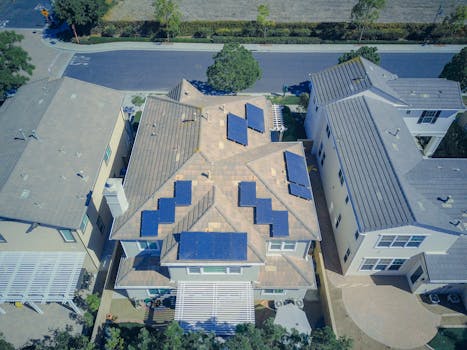
Smart Cities: Urban Trends for 2025
Smart Cities are at the forefront of Smart Cities urban development, leveraging technology to create more efficient, sustainable, and livable environments. As we approach 2025, it’s essential to explore the latest trends shaping the future of urban planning. In this article, we’ll delve into the world of smart cities, examining the key factors driving their growth and the innovative solutions being implemented.
Introduction to Smart Cities

Smart cities are urban areas that utilize advanced technologies, such as IoT sensors, data analytics, and artificial intelligence, to manage and optimize city operations. The primary goal of a smart city is to improve the quality of life for its citizens, while also reducing costs, enhancing sustainability, and promoting economic growth.
The concept of smart cities has gained significant traction in recent years, with many cities around the world investing heavily in smart city initiatives. From smart transportation systems to intelligent energy management, the possibilities are endless, and the benefits are numerous.
Key Trends in Smart Cities

As we look to 2025, several trends are emerging as major drivers of smart city development. Some of the most significant trends include:
- Increased Focus on Sustainability: Cities are prioritizing sustainability, with a growing emphasis on renewable energy sources, green infrastructure, and reducing carbon emissions.
- Advancements in Technology: The use of emerging technologies like AI, blockchain, and the Internet of Things (IoT) is becoming more prevalent in smart city initiatives.
- Enhanced Citizen Engagement: Smart cities are leveraging digital platforms to engage with citizens, providing them with real-time information, and enabling them to participate in the decision-making process.
- Growing Importance of Data Analytics: The effective use of data analytics is crucial for smart cities, enabling them to make informed decisions, optimize operations, and improve public services.
Real-World Examples of Smart Cities

Several cities around the world are already embracing the concept of smart cities, with impressive results. Some notable examples include:
- Barcelona, Spain: Known for its smart city initiatives, Barcelona has implemented a range of innovative solutions, including smart streetlights, intelligent traffic management, and a citizen engagement platform.
- Singapore: This cosmopolitan city-state has developed a comprehensive smart city strategy, focusing on areas like transportation, energy, and public safety.
- Copenhagen, Denmark: Copenhagen is a leader in sustainable urban development, with a strong focus on carbon neutrality, green infrastructure, and energy-efficient buildings.
Conclusion

In conclusion, smart cities are revolutionizing the way we live, work, and interact with our urban environments. As we approach 2025, it’s clear that technology, sustainability, and citizen engagement will be at the forefront of smart city development. By embracing these trends and learning from real-world examples, cities can create more efficient, livable, and environmentally friendly spaces for their citizens.






